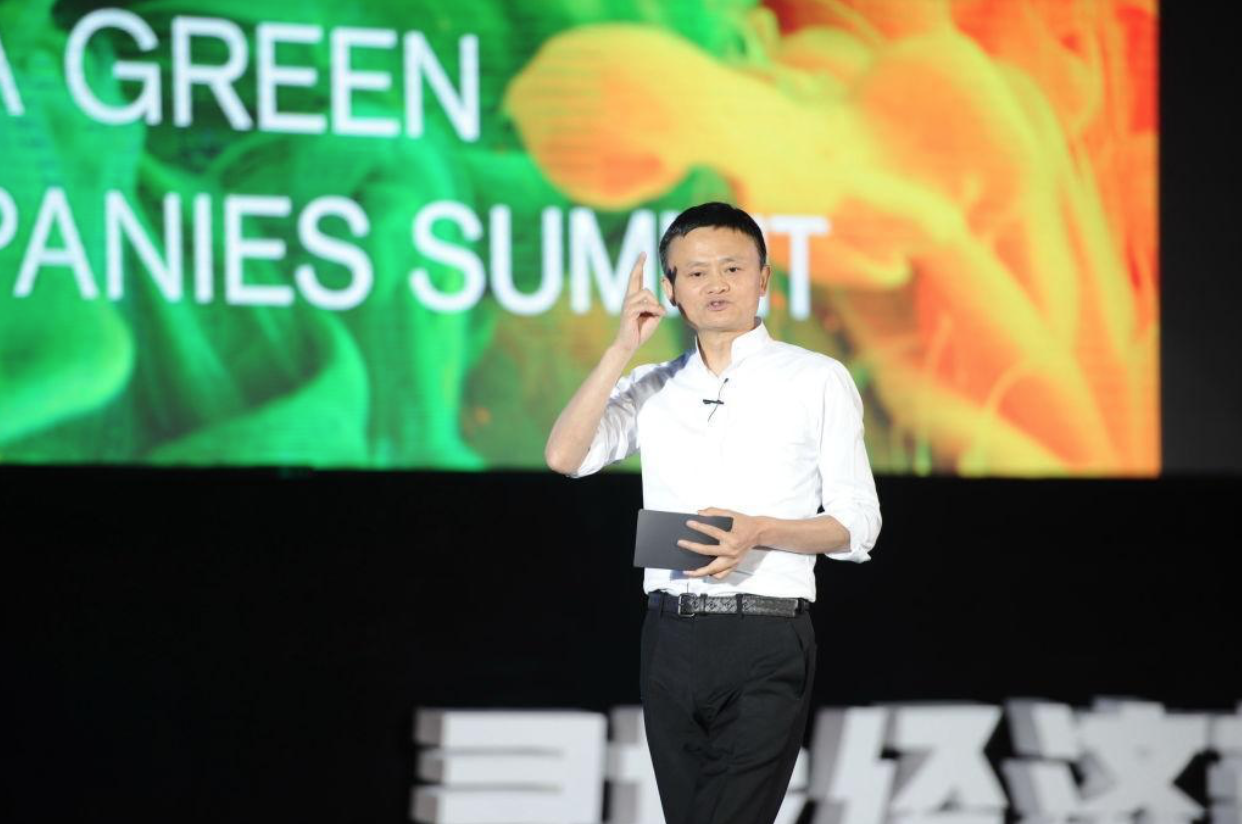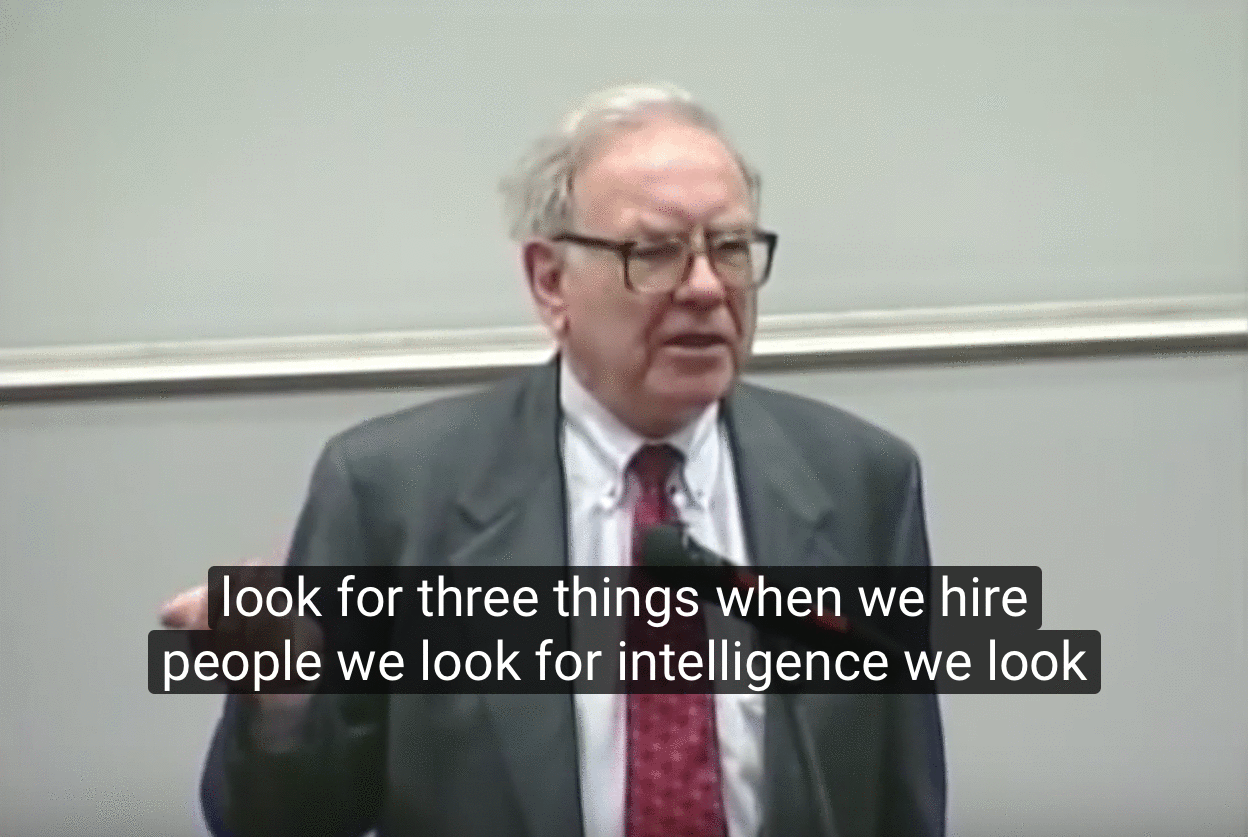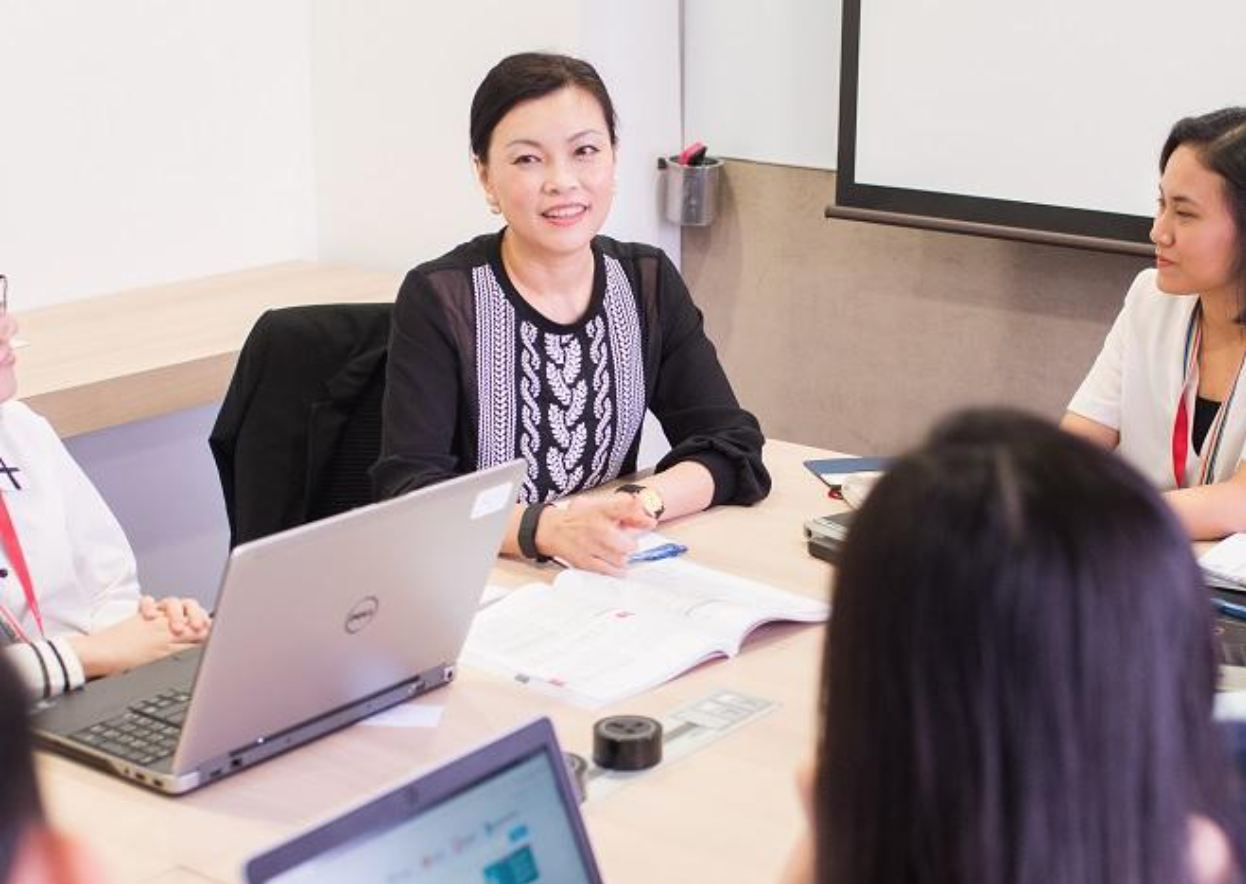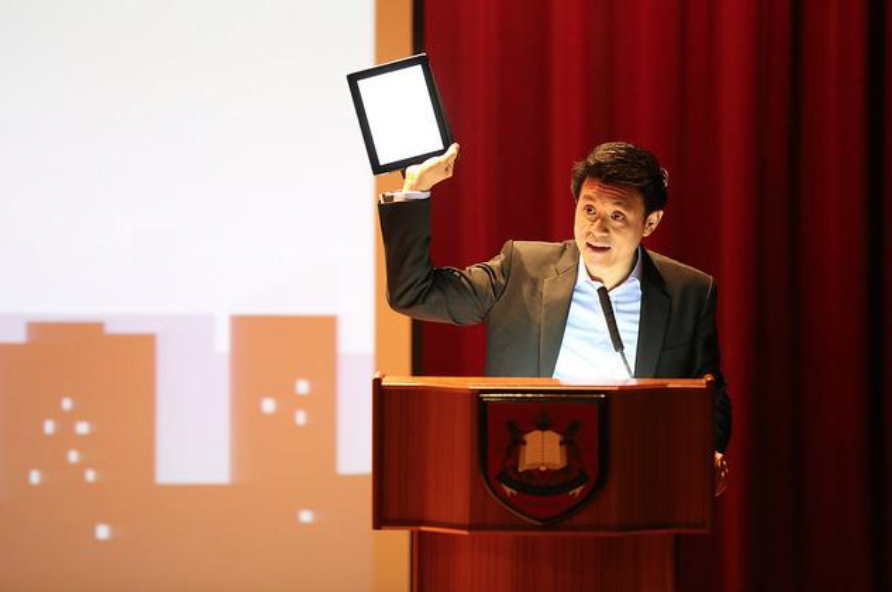Do you sometimes lie in bed, wondering about the mysteries of life? Mysteries such as the existence of aliens, why Yishun is Yishun, and the fact that some people you think are academically under-qualified are able to get into companies like Facebook and Google?
Well, if your research on the last topic has landed you on this page, we’re here to figure it out.
Some people think being book smart is the main factor that affects employability. Well, it isn’t.
Because the following bosses say so.
Here’s a roundup of some key attributes seven distinguished business magnates look for in a prospect, in case you’re looking to get hired by them.
Jack Ma

Now that Chinese e-commerce giant Alibaba has plans to launch its new Tmall World sales channel in Singapore, it looks like the local office might be set for an expansion soon.
But before you click send on that application, here’s a word of advice -- Jack Ma, the founder of Alibaba Group, hires people who possess technical skills that are far superior to his.
The famous business tycoon pointed this out in a book titled Jack Ma’s Life Lessons and Rules for Success written by J.D. Rockefeller.
Ma explained that this is a crucial recruitment factor because the success of a company lies in the skills of the employees, and how competent they are in carrying out the leader’s vision.
Warren Buffett
Warren Buffett is a strong believer of these three characteristics when headhunting for potential employees -- intelligence, initiative, and integrity.
 via video
via video
The leader of Berkshire Hathaway has repeated time and time again about the importance of the aforementioned traits, which are traits that help build the foundation for soft skills like communication and teamwork.
In the video below, he emphasises on the importance of integrity, a value that is needed for an individual to become more personable and trustworthy.
" frameborder="0" allowfullscreen="allowfullscreen">
“We look for three things when we hire people. We look for intelligence, we look for initiative or energy, and we look for integrity. And if they don’t have the latter, the first two will kill you, because if you’re going to get someone without integrity, you want them lazy and dumb. I mean, you don’t want a spark of energy out of them. So it’s that third quality. But everything about that quality (integrity) is your choice.”
So try your best not to exaggerate the resume too much before you send it in, okay?
Larry Page
Known widely as the epitome of a perfect working environment, Google probably receives about a million resumes a day.
So what makes Larry Page, Co-founder of Google, take notice of potential candidates?
 screenshot via video
screenshot via video
Page revealed in an interview that a key thing he looks for is communication. And to see if a candidate is suitable, he puts the person on “The airport test”.
“I think about a situation where if I got stuck at an airport with this person on a long layover, would I be happy or sad about it.”
Basically, not only does Page look for employees who are capable, he also looks for genuine employees he can connect with.
Richard Branson
 via Richard Branson's Facebook page
via Richard Branson's Facebook page
To Richard Branson, founder of the Virgin Group, hiring someone with transferable skills is more important than someone with qualifications.
Here’s an excerpt of what he wrote:
“The person with the top grades and most credentials isn’t always the best person for the role. Time and time again I’ve seen people with a background of broad-ranging employment and skills hired for a job where they don’t necessarily tick the specialist criteria boxes, but become incredibly successful by offering a new level of understanding to the role. With this in mind, we focus on hiring people with transferable skills — team players who can pitch in and help others in all sorts of situations. It’s important never to underestimate the power of versatility. Somebody who thinks a little differently can help a business see problems as opportunities and inspire creativity.”
In other words, he wants people who are skilled in various aspects, and who can adapt like chameleons.
Mark Zuckerberg
Unlike Richard Branson, Mark Zuckerberg has no qualms about recruiting someone with little experience. To the Facebook founder, a person with less experience can probably adapt and learn way quicker -- if he/she has the drive to do so.
Zuckerberg also added that he looks for people who are willing to “go at it”, meaning people who are gung-ho and would take the initiative to learn and do things.
In the video below, he explains that the best people he has employed are those with the right attitude and the willingness to learn. He uses an example of the electrical engineers he hired who picked up the skill of programming on the job.
That’s lifelong learning right there.
" frameborder="0" allowfullscreen="allowfullscreen">
Okay, so the above five company leaders might seem a little far-fetched to some. We can almost hear you thinking, “But what do our local bosses think? That’s what I really want to know.”
No frets, two bosses from Singtel and Citibank Singapore share what makes them take notice of potential hires.
Aileen Tan
 via schoolbag.sg
via schoolbag.sg
For the Singtel’s group director of Human Resource, candidates with a high Adversity Quotient (AQ) are the most promising. Describing the “Strawberry Generation” as people who can be shaped and taught, she states that employees who display an eagerness to learn are usually the ones who do well.
She even shared a story about a young intern who viewed every task as a learning opportunity -- even taking minutes for a meeting.
“A person without the right attitude might think that it’s a mundane job that is beneath his/her capacity. But this intern saw it as a chance to hear the perspectives of the attendees and learn from the way they present themselves.”
Han Kwee Juan
 via schoolbag.sg
via schoolbag.sg
Adaptability is one of the most important traits Han Kwee Juan, CEO, Country Business Manager of Citibank Singapore Ltd, looks for in a potential employee. And in order to adapt, one has to keep learning and re-learning to adjust to changes in an organisation and the economy.
In a 2014 panel discussion, he shared the story of a high energy employee who took the initiative to challenge herself and master new skills. The company was so happy with her work that they supported her interest to transfer to a completely different field of retail banking.
--
Now that we know what those big shot bosses look for in potential hires, it’s kinda safe to say that being academically smart isn’t the main factor they value. Employers also look for individuals who have the drive, skills, and the right attitude to learn.
People who continually upgrade themselves are the ones employers take notice.
Inspired to upgrade yourself now? You can start here.
This sponsored post in collaboration with SkillsFuture empowers Mothership.sg’s writers to work harder so that our own boss can become a big shot CEO in the future. Cough -- Hear that, boss? -- cough.
If you like what you read, follow us on Facebook, Instagram, Twitter and Telegram to get the latest updates.